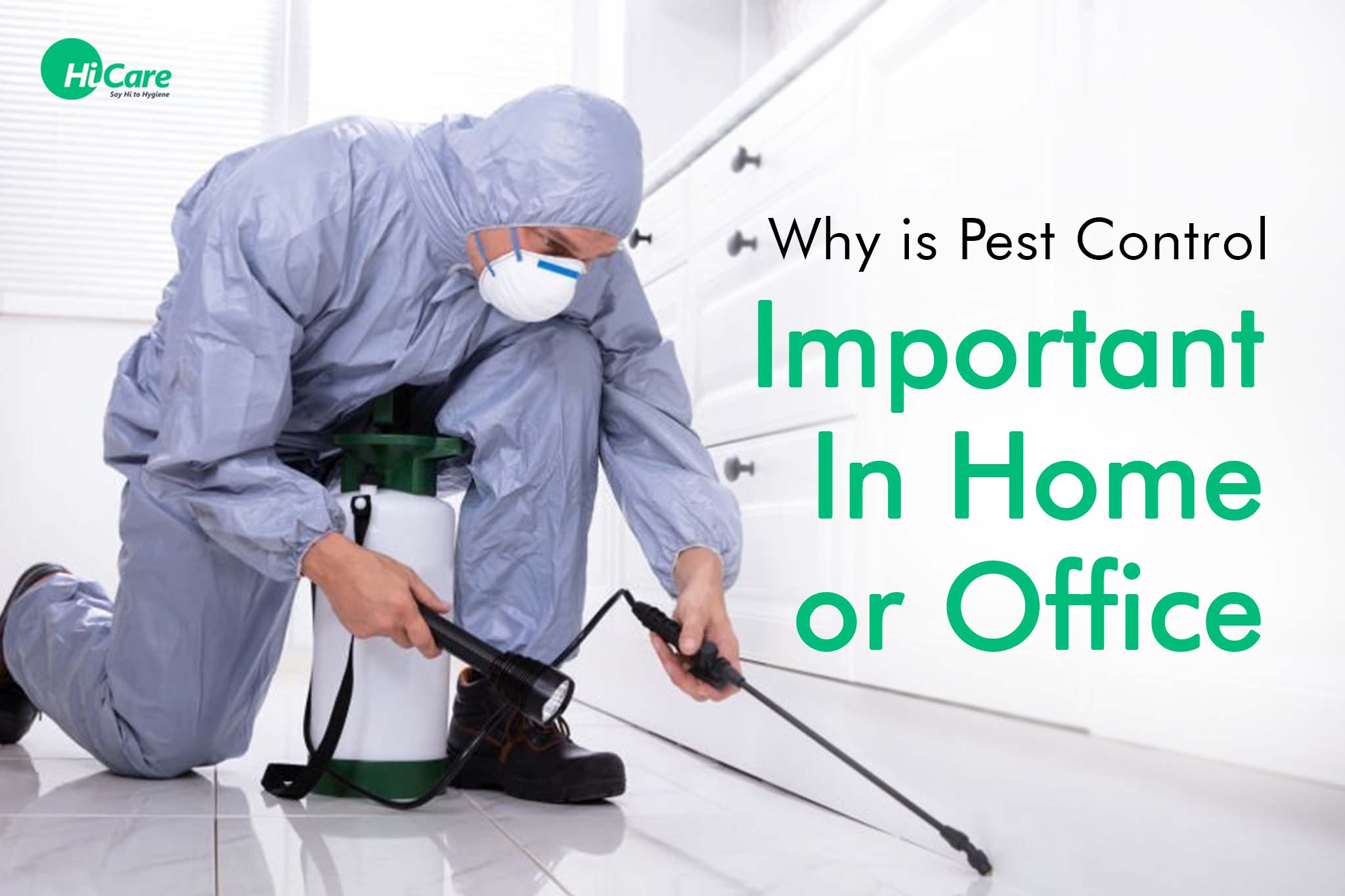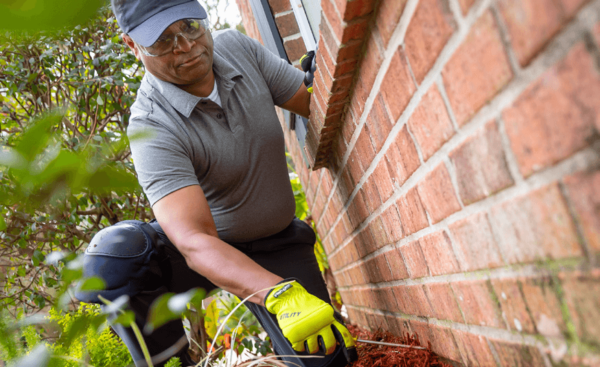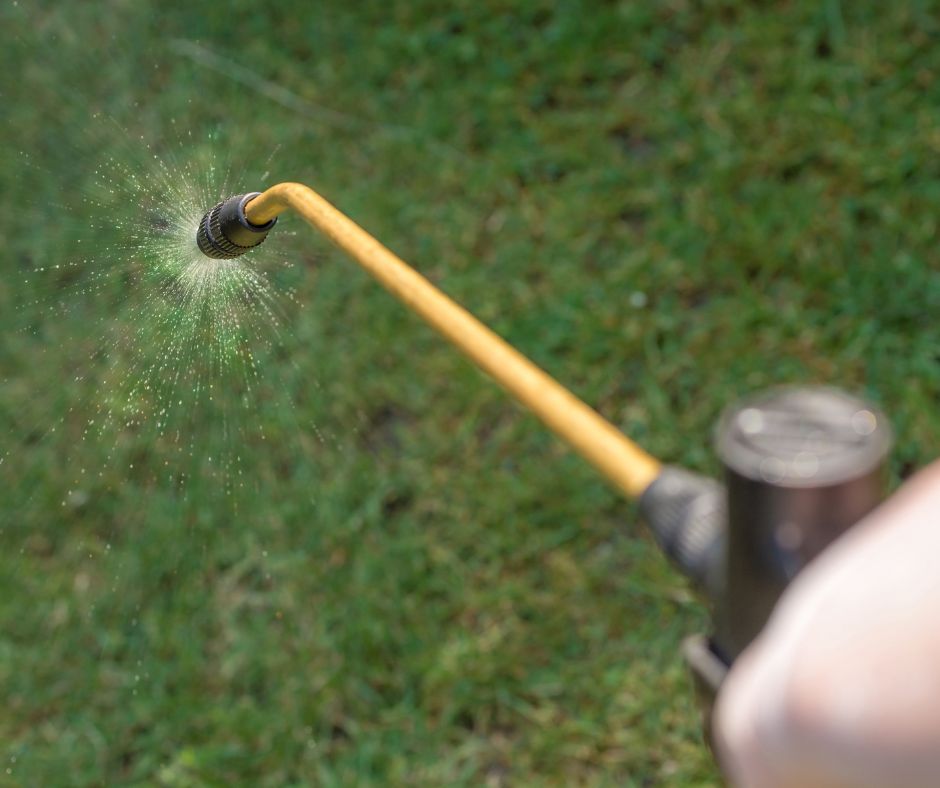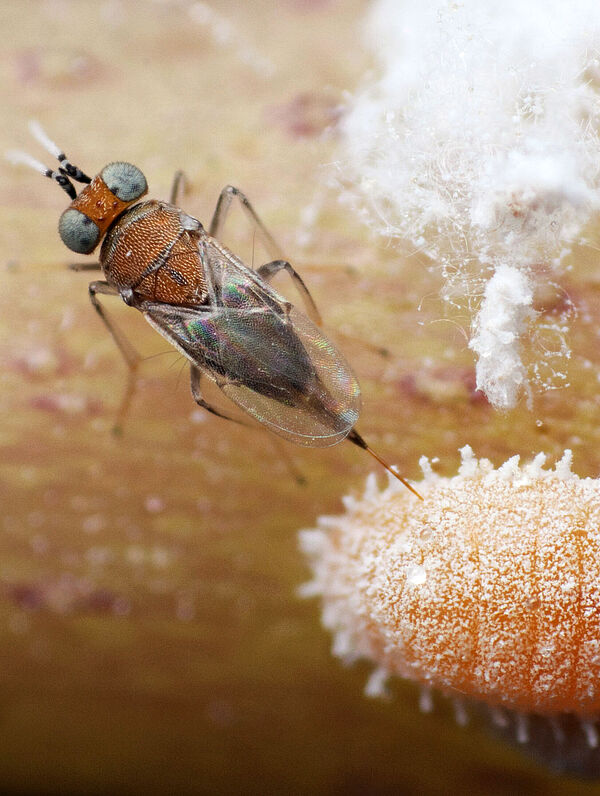Top-rated Pest Control in Charlotte County for Your Residence and Company
Top-rated Pest Control in Charlotte County for Your Residence and Company
Blog Article
Discover the Value of Bug Control in Preserving a Healthy Atmosphere and Therapy Methods

The Role of Insects in Communities
Parasites, frequently watched only as annoyances, play a diverse duty in communities that is essential for preserving ecological equilibrium. They contribute dramatically to different eco-friendly procedures, including pollination, nutrition biking, and parasite control. As an example, lots of insect types, such as bees and butterflies, are vital pollinators for a large array of plants, which subsequently supports biodiversity and food manufacturing.
Furthermore, bugs offer as prey for countless killers, producing an important web link in food webs. This interdependence ensures the survival of various species and assists control populations within ecological communities (Termite treatment Port Charlotte). Decomposer parasites, such as certain beetles and fungis, are critical in breaking down organic issue, thus enhancing dirt and promoting nutrition recycling.
Alternatively, while parasites can be advantageous, their overpopulation or intrusion into non-native atmospheres may interfere with these eco-friendly features. This intricacy emphasizes the value of understanding pest dynamics, as efficient insect monitoring techniques must consider both their eco-friendly duties and prospective influence on human activities. Stabilizing pest presence while lessening injury is necessary for preserving the stability of environments and making certain agricultural performance.
Health Threats Connected With Insects
The existence of bugs in different settings extends beyond their ecological roles, as they also pose significant health and wellness risks to pets and people. Several pests, including bugs, bloodsuckers, and rats, are providers of illness that can have major health effects. Rats are known to transmit hantavirus and leptospirosis, both of which can lead to extreme breathing and renal issues, respectively.
Pests such as insects and ticks are notorious for spreading out vector-borne diseases like malaria, dengue fever, and Lyme condition. These diseases can cause high morbidity and mortality rates, specifically in at risk populaces. In addition, parasites like insects and cockroaches can exacerbate allergies and asthma, adding to breathing problems in people, specifically those with pre-existing conditions.
Moreover, the existence of insects can result in psychological stress and discomfort, impacting overall well-being. Contamination of food and surfaces by insect droppings and remains can cause foodborne ailments, highlighting the importance of maintaining sanitary problems. Consequently, recognizing the wellness threats connected with insects is vital in acknowledging the necessity of effective parasite administration strategies to protect animal and human health and wellness.

Benefits of Reliable Parasite Control
Reliable pest control is necessary for preserving a risk-free and healthy and balanced environment, as it consistently mitigates the various risks connected with insect problems. One of the main advantages of efficient parasite monitoring is the reduction of carcinogen. Insects such my review here as mosquitoes, rats, and roaches are vectors for illness that can affect both family pets and people. By managing these populations, the chance of disease transmission is significantly decreased.
Furthermore, efficient parasite control safeguards residential or commercial property and frameworks from damage. Several pests, like termites and carpenter ants, can trigger considerable structural damages that might call for pricey repair work. By proactively handling these infestations, homeowners and services can shield their financial investments.
One more substantial benefit is the improvement of overall quality of life. A pest-free environment adds to mental health and reduces tension related to invasions. Additionally, effective pest control promotes a safer environment for about his pet dogs and children, making sure that homes stay sanctuaries without disease-causing microorganisms and harmful chemicals.
Usual Bug Control Methods

In the realm of insect monitoring, different strategies are utilized to combat infestations effectively. These strategies can be generally classified right into three primary approaches: cultural, mechanical, and chemical controls.
Social control includes customizing techniques to minimize pest survival, establishment, and reproduction. This may consist of plant rotation, correct sanitation, and habitat adjustment, which jointly produce an environment less for pest expansion.
Mechanical control utilizes physical approaches to get rid of pests (Termite treatment Port Charlotte). Techniques such as traps, vacuums, and barriers are frequently made use of to directly eliminate insects from a location. This method is particularly effective for taking care of rodents and pests without the use of unsafe chemicals
Chemical control entails the application of pesticides to handle pests. These materials can be classified into herbicides, fungicides, and insecticides, each targeting particular kinds of pests. It is vital to make use of these chemicals deliberately, sticking to safety and security guidelines and policies to minimize prospective damage to non-target species and the setting.
Each bed bug pesticide insect control technique has its advantages and restrictions, and typically, an integrated strategy integrating multiple techniques generates the most effective cause maintaining a pest-free atmosphere.
Lasting Pest Monitoring Practices
Lasting parasite management methods include a variety of methods made to reduce environmental influence while efficiently managing bug populaces. These techniques prioritize using eco-friendly approaches over chemical pesticides, therefore reducing the risk of harm to non-target types, including beneficial insects, wild animals, and humans.
Integrated Bug Management (IPM) is a keystone of sustainable techniques, combining biological, cultural, mechanical, and chemical methods to handle bugs. For example, biological control includes introducing natural predators or bloodsuckers to subdue bug populaces. Cultural techniques, such as plant rotation and polyculture, interrupt pest life cycles and improve environment resilience.
Mechanical approaches, such as traps or obstacles, can efficiently stop parasite access without chemical intervention. Furthermore, maintaining healthy and balanced environments via proper soil administration, plant wellness, and biodiversity can normally alleviate parasite problems.
Education and learning and understanding are vital elements, encouraging individuals and neighborhoods to recognize bug risks early and carry out safety nets. Termite treatment Port Charlotte. By promoting a holistic technique that balances parasite control with ecological stability, lasting bug management techniques not just safeguard crops and frameworks yet additionally add to a healthier setting for future generations
Verdict

Recognizing the health threats connected with pests is crucial in recognizing the need of efficient parasite management techniques to safeguard animal and human health and wellness.
Reliable insect control is vital for keeping a safe and healthy environment, as it continually alleviates the many risks linked with insect problems.Integrated Pest Monitoring (IPM) is a foundation of sustainable methods, combining biological, social, mechanical, and chemical tactics to handle pests. By recognizing the duty of insects, recognizing associated health risks, and utilizing varied treatment methods, a lasting technique to pest management can be attained. Integrated Bug Management (IPM) highlights a holistic technique that reduces injury to valuable microorganisms while successfully managing parasite populaces.
Report this page